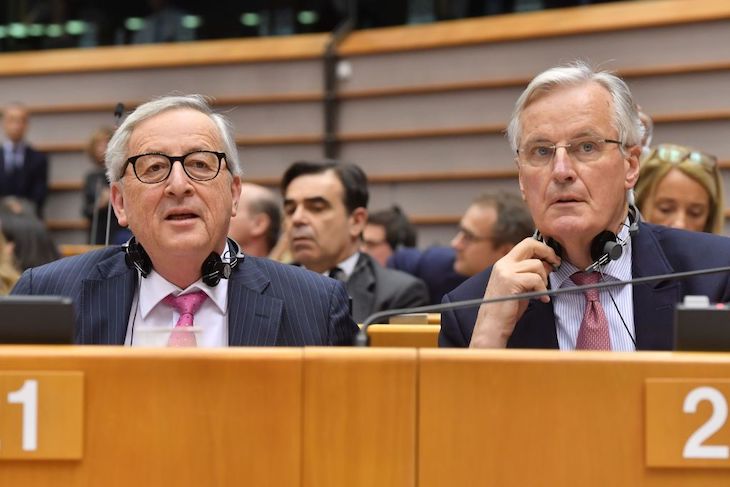Sometimes Remainers mirror Brexiteers in not really considering the EU side of Brexit. Last night, when the Cooper bill passed with one vote, was such a moment. ‘Hurray, we ruled out a no-deal Brexit!’ seemed to be the general feeling from Remainers in the media. Similarly, those advocating for a no-deal Brexit fumed as the Cooper bill moved to the Lords.
But they all ignored a tiny little detail: that Brussels will need to agree to an extension. At the moment, however, this is really not certain. There are both ideological and practical stumbling blocks on the EU 27 side, which are massively complicated by the continued lack of clarity from the UK.
The most recent thinking is that the UK has two options. Either it votes for an agreement (WA + some form of future declaration) before 12 April and has a short extension up to 22 May, or the UK asks for a long extension if an agreement hasn’t been reached by Brexit day. This will be possible as long as the UK puts forward a plan and participates in European Parliamentary elections.
After yesterday it is more likely that the UK will ask for an extension, but it is anyone’s guess what the UK will ask for. Even now with only a week to go, the EU can only estimate what the UK wants based on the utterings of Theresa May. To the horror of EU officials her statements seem to indicate that the UK wants a bit of both options. Apparently the prime minister’s idea is to ask for a short extension until 22 May even if the withdrawal agreement hasn’t been accepted before 12 April.
Practically this is an impossible scenario for the EU. It would wreak havoc with the EP elections. There would be no way of telling whether the UK would need a long extension on 22 May and that would tear apart the EP. The UK seats in the EP would have already been redistributed or taken out. If the UK suddenly re-appeared and wanted to take part, it would create a huge problem as many newly elected MEPs would suddenly lose their mandate. It would mean that the parliament might even face legal challenge, as it would potentially not be properly constituted. This could mean a total gridlock of the EU institutions. That is the reason Juncker has firmly dismissed this idea. So, as it seems impossible that the UK parliament will have voted for the withdrawal agreement by 12 April, a long extension will be the only option on the table from the EU 27 side.
Unsurprisingly those who call themselves ‘pro-EU’ are suddenly against a long extension. Macron and Verhofstadt are showing their true colours by taking a tough stance implying that they will make it difficult for the UK to get a long extension. This stance totally betrays the Remain movement in the UK in order to push through Macron and Verhofstadt’s own version of the EU. Verhofstadt made it clear that he fears the UK will wreck his dream for a united states of Europe when he explained in the EP plenary how terrible it would be for the UK to take the EU ‘hostage’ through a long extension. But for all their bluster, the likes of Macron and Verhofstadt are in the minority.
The Central European states like Poland and Hungary would love to keep the UK in the EU in order to stave off the infamous German-French axis. Germany and the Netherlands really don’t want a no-deal Brexit and are urged by business and parliaments to be flexible with the UK. Most important is the role of Ireland, which will invoke the spirit of EU solidarity as it would be severely hit by a no-deal Brexit.
So if the UK asks for a long delay, it will most likely get it. As I wrote before, those supporting Brexit should take note of the statements of Verhofstadt and conclude that it is perhaps not such a bad idea after all.






Comments